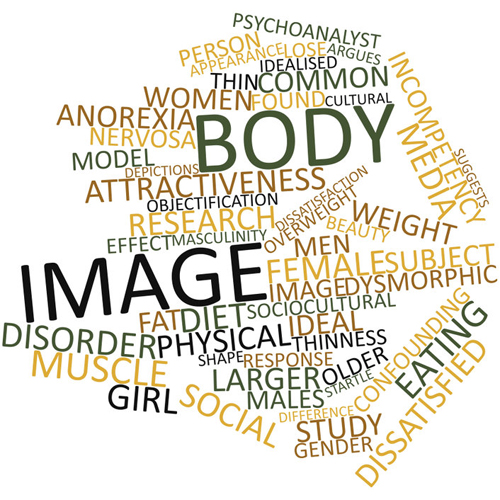What Exactly is Novel Coronavirus 2019(COVID-19)?

Shining a Light on Mental Health Disorders!
January 11, 2020
#COVID-19: A PANDEMIC!
March 13, 2020Natural disasters, disease outbreaks, and potential bioterrorism attacks do not discriminate based on population or geographic location. – John Peterson
Health system development is a key to effective detection, response, and control of any outbreak. – Margaret Chan
It seems the world is in chaos as Coronavirus continues to spread throughout Asia and across the globe! The Centers for Disease Control and Prevention indicated that 2019 Novel Coronavirus (2019-nCoV) is a virus (more specifically, a coronavirus) identified as the cause of an outbreak of respiratory illness first detected in Wuhan, China. It is a new kind of virus that has not been previously identified and it is different from the familiar coronaviruses that commonly circulate among humans and cause mild illness, like the common cold.
According to the World Health Organization, Coronaviruses (CoV) are a large family of viruses that cause illness ranging from the common cold to more severe diseases such as Middle East Respiratory Syndrome (MERS-CoV) and Severe Acute Respiratory Syndrome (SARS-CoV). Coronaviruses are zoonotic, that is, they are transmitted between animals and humans but there have been reported cases of person-to-person transmission. That is, coronavirus seems to be spreading from human to human.
The World Health Organization has declared Novel Coronavirus (2019-nCoV) as a public health emergency! This is an outbreak that has left public health officials, doctors, and nurses working together to contain the spread of the virus. It is worth noting that public health officials and health officials are working hard to identify the source of the 2019-nCoV.
Let us all do our part by taking the necessary precautions to prevent the spread of Novel Coronavirus (2019-nCoV). Learn all the signs/symptoms and preventive measures below!
Common Signs of Coronavirus
- Respiratory symptoms
- Fever
- Cough
- Shortness of breath
- Breathing difficulties
In more severe cases, it can cause:
- Pneumonia
- Kidney failure
- Severe acute respiratory syndrome
- Death
Ways to Reduce Risk from Coronavirus Infection
- Hand Hygiene
- Cover mouth & nose when coughing and sneezing
- Thoroughly cook meat & eggs
- Avoid close contact with anyone with respiratory illness
- Avoid close contact with wild or live farm animals
Debunking Some Myths Around the New Coronavirus Outbreak
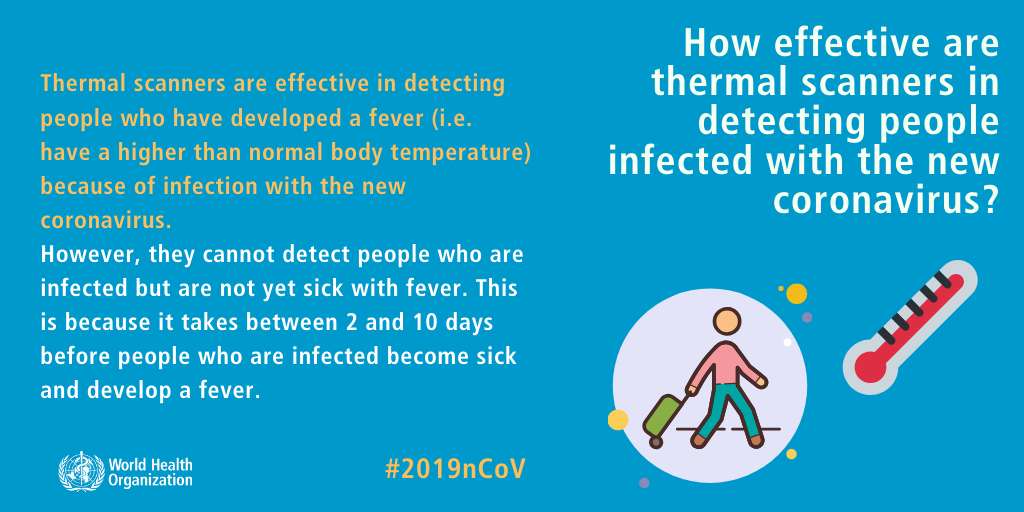
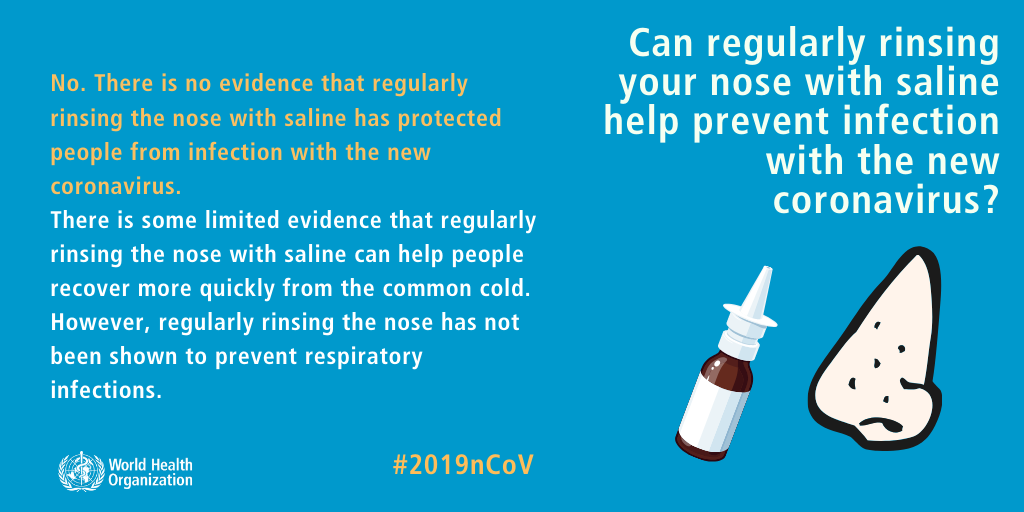
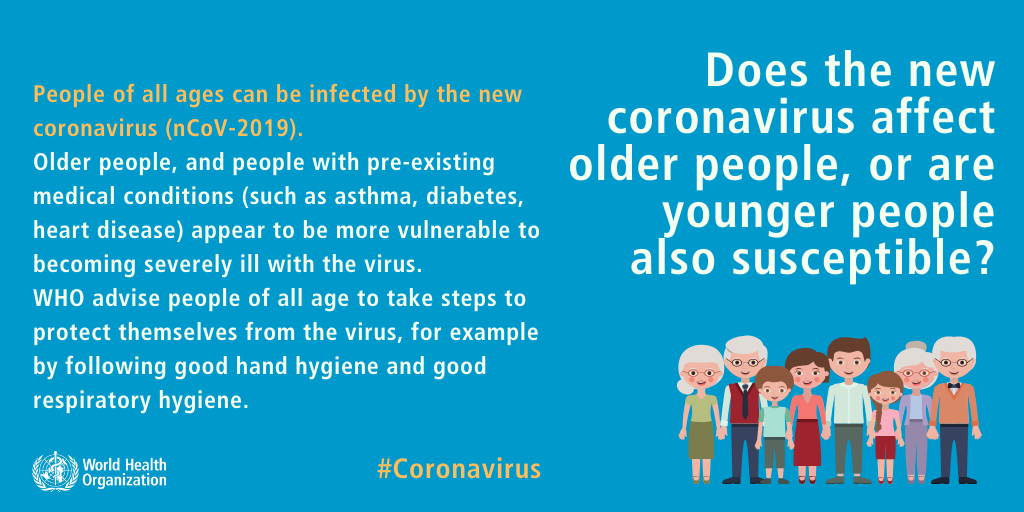

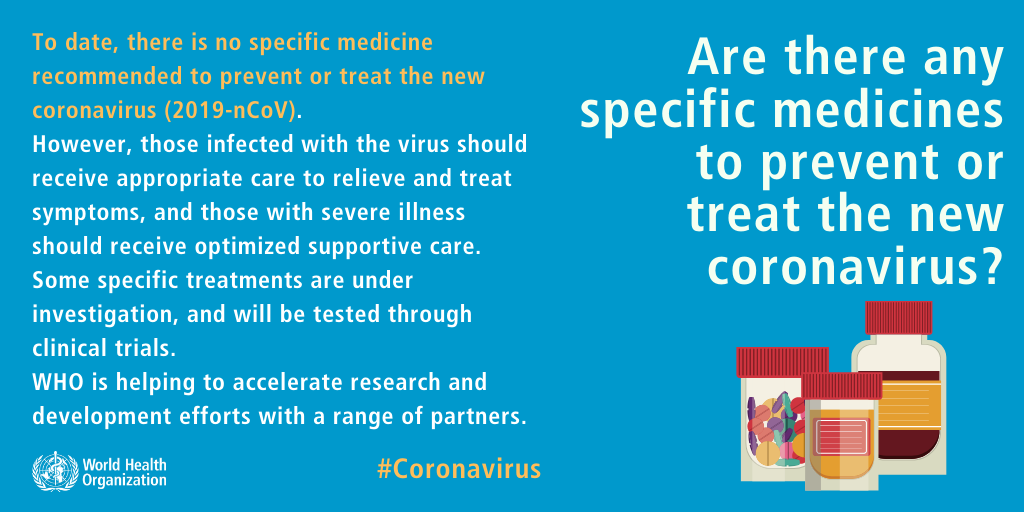
If you or your loved ones experience any of the stated symptoms, please consult a physician immediately. In the meantime, you can reduce the risk by using the above strategies.


